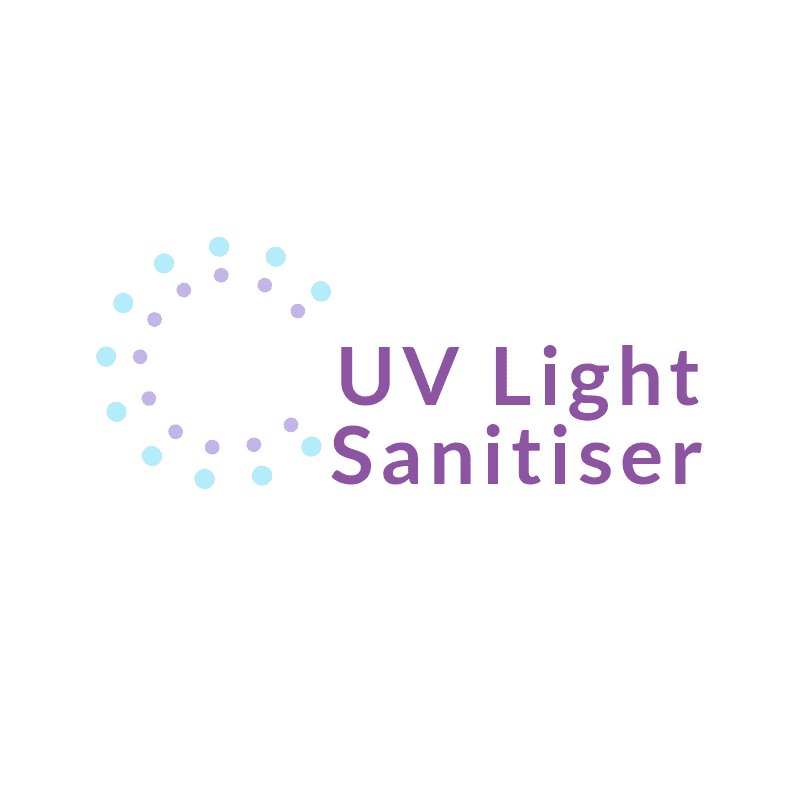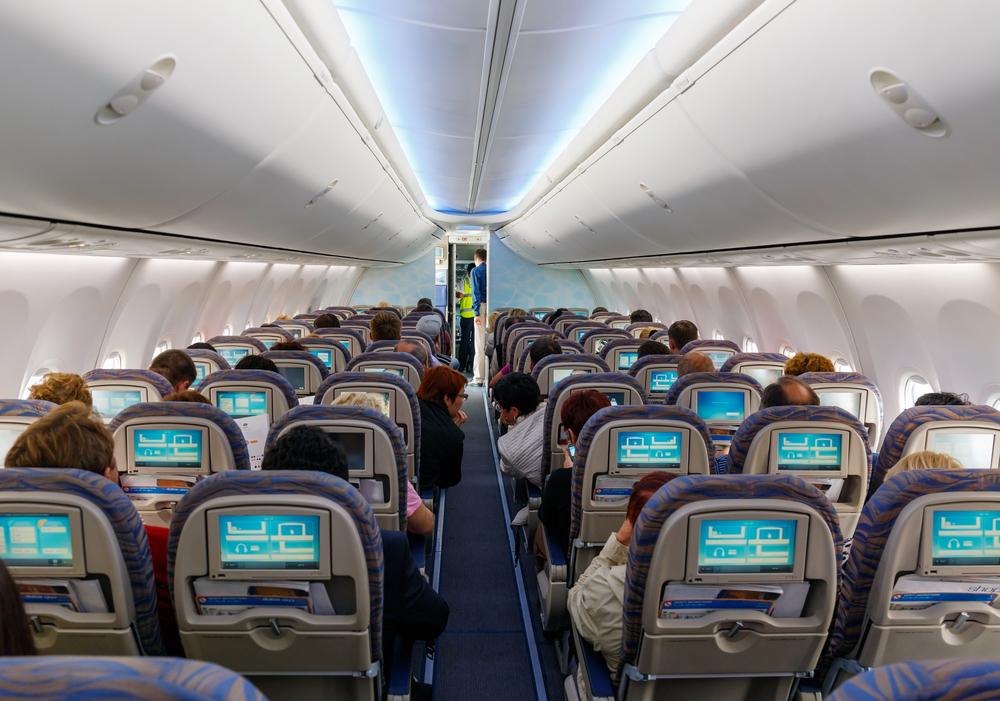At the onset of the COVID-19 pandemic, people have sought ways to protect and disinfect themselves. The usual advice is to wear face masks and wash hands with soap and water. Although absolutely necessary, hand washing is not always enough and possible. For instance, stuff like Amazon packages and deliveries cannot be washed with soap, but could be with a Portable UV Light Sanitiser.
In the onset of the pandemic, UV light sanitizers grew in popularity. These hand-held devices are known for their germicidal abilities, UV sanitizers are designed to sweep surfaces and devices that make people sick. UV light sanitizers is designed to disinfect surfaces.
A 2014 study published in the American Journal of Infection Control found that portable light disinfection can kill100% of several types of bacteria commonly found on surfaces after just 5 seconds. These devices provide a reasonable alternative to using chemicals for disinfecting surfaces.
Light sanitizers can be used to sweep across the surface of anything you want to clean. It is ideal for cleaning smartphones, toys, keyboards, laptops, toothbrushes, and deliveries.
How Portable UV Sanitizers Work?
Scientists and medical experts have been using UV light to kill germs and sanitize equipment for more than 100 years already, process known as ultraviolet germicidal irradiation or UVGI. During the COVID-19 pandemic, UVGI is being utilized for curbing the spread of the coronavirus. In hospitals, UV-powered robots disinfect patient rooms. Banks use UV light to clean bills.
UV light includes three wavelengths—UV-A, UV-B, and UV-C. Of the three spectrums, UV-A has the longest wavelength and is responsible for wrinkles and skin aging. UV-C has the shortest wavelength that it doesn’t make it too the earth’s atmosphere. UVC effectively kills bacteria and viruses.
UV-C is effective for disinfection and sanitizing because it is just the right size for absorbing the RNA or DNA of a virus cell. Once absorbed by microorganisms, it breaks apart curtailing the ability of the virus to reproduce and making it less harmful.
UV Sanitizers And Coronavirus?
The problem with UV sanitizers is that there is no assurance yet on how effective it is in killing COVID-19. The duration of direct exposure is important to determine whether it can kill coronavirus. According to Kim Trautman, Executive Vice President of Medical Device Services at NSF International, the virus needs to have direct UV-C light for a specific period of time, depending on the distance from the source and so forth.
The duration of exposure needed varies on the light source and the virus to be eradicated. While some viruses are susceptible to UV radiation, others can be tougher and at the moment there is consensus as to how tough coronavirus is.
Some of the earlier forms of coronavirus are not as robust as coronavirus. Some of the earlier varieties of SARS died much quicker on surfaces. COVID-19 lasts longer on surfaces like cardboard, glass, plastic, and others.
There are not yet any scientific studies that can definitely say what time and duration of UV-C exposure would eliminate COVID-19.
Portable UV Light Sanitiser For Your Next Flight?
With the outset of the coronavirus, UV-C sanitizers saw an increase in sales online. A light disinfection wand can be used to disinfect everything from dinner vegetables to doorknobs. has risen in popularity during the pandemic.
UV-C sanitation is great for travelers and hikers. Most of these devices can be carried along during your next travel. Airline companies like Boeing even use UV-C forself-cleaning bathrooms. Aside from the bathroom, other dirty parts in the airplane are the seat, armrests, and tray table which often have not been adequately cleaned. That is why UV sanitizers are great for plane seat disinfection.
During your travel, UV sanitizers can be used in just about any public space such as restaurants, shopping malls, trains, subway stations, and others. You will use your phone for taking pictures of attractions and tourist spots. Also, you will constantly use it to check your social media channels or emails.
By the way, did you know that our phones are about thedirtiest objects we can use. These devices harbor nearly 20,000 distinct types of bacteria. You use it several times during the day so imagine the number of bacteria that can accumulate in your hands as you use it. UV-C sanitizers are great for cleaning your smartphones.
In addition, you can use UV light sanitizers for hotel room disinfection. This is particularly true if you are very much concerned about clean accommodations. You can use the sanitizer for cleaning water and ensure you have distilled water in your room or wherever you go during your travel.
Not recommended for humans
Although they are great for disinfecting surfaces and devices, UV light is not recommended for human disinfection. Exposure to UV-C can damage your skin resulting to severe sunburns and increase cancer potential. It can cause radiation to the eyes resulting to significant damage and eventual blindness. When using UV-C, ensure that it does not shine directly on your skin.
UV is an indiscriminate killer that targets both bacteria and viruses. It causes the formation of thymine dimers causing the formation of abnormal bonds with neighboring thymine molecules. When the cell tries to replicate, these thymine dimers causes a mutation.
UV light sanitizers are great for degrading cell walls, proteins, and membranes of bacteria and viruses. It is carcinogenic and detrimental to the human skin. UV robots operate when there are no people inside the room.
Most of the UV wands in the market are handheld. While they are capable of destroying viruses, UV light can hurt you. After all, it is the spectrum of UV light that creates sunburns.
Beware of What You Are Buying
Researchers say many Portable UV Light Sanitiser being sold online claim that they can disinfect groceries and clothing which can be unreliable and dangerous if used improperly. According to Taylor Mann, founder and CEO of CleanSlate UV in Toronto, a company should provide scientific evidence, you shouldn’t buy the product.
Most medical professionals recommend caution when buying a Portable UV Light Sanitiser. You can use them for your devices and surfaces but do not try them on your skin. It is best that you use the traditional methods of sanitizing like hand washing and wearing of face masks.

